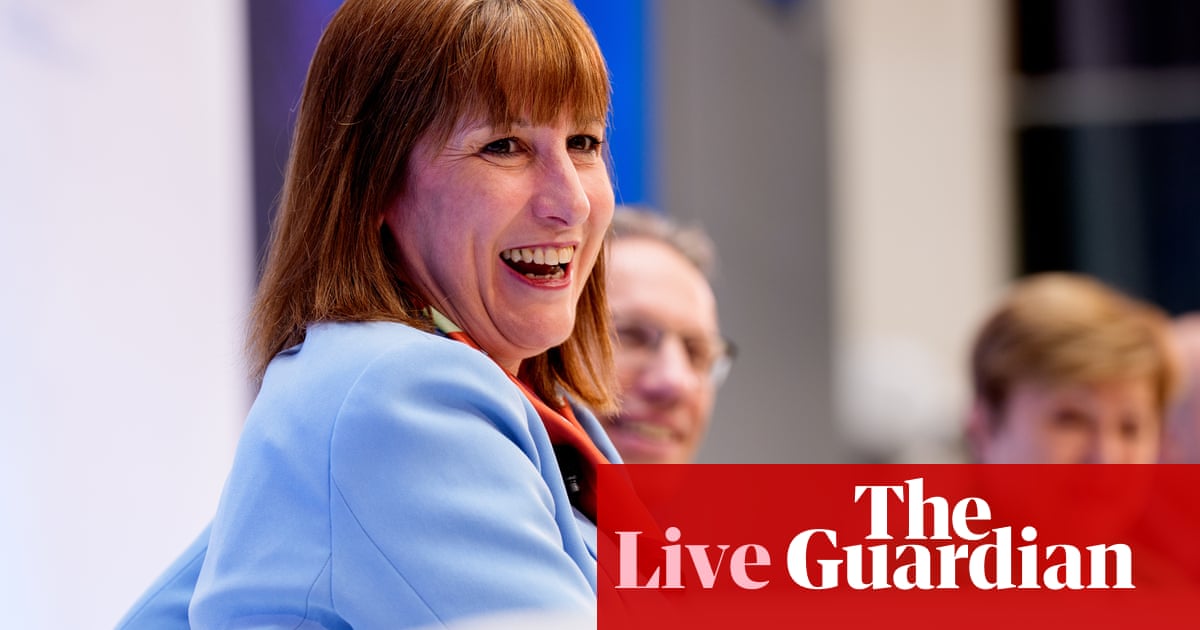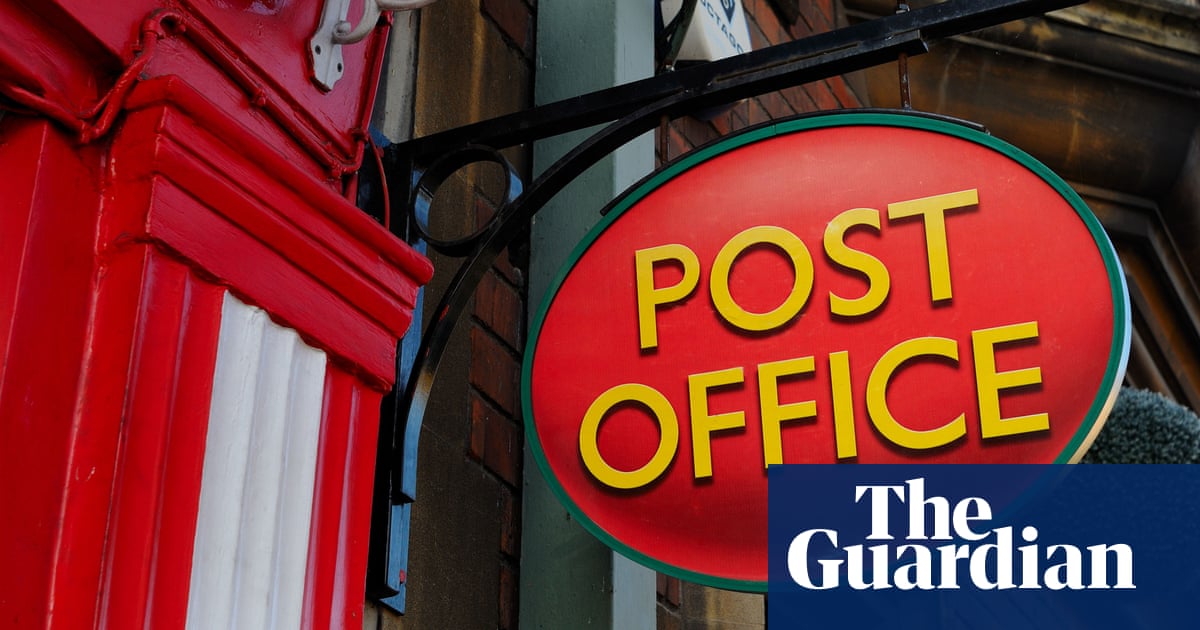A handful of “small but dirty” public affairs and law firms in Europe are enabling pollution by lobbying extensively for big oil, an analysis has found, with most major companies in the industry working for at least one fossil fuel client.
Several of the top spenders on activities to influence EU policymaking are on the payroll of oil and gas companies, according to an analysis of the EU Transparency Register by the Good Lobby nonprofit, but fossil fuel clients represent just 1% of the industry’s revenue.
The researchers said it showed that public affairs companies could cut ties with the big polluters who pay them to influence policy without hurting their bottom lines – but warned there was little public or regulatory pressure on lobbyists to go green.
Alberto Alemanno, the founder of the Good Lobby and a co-author of the research, said public affairs companies lobbying on behalf of the fossil fuel industry had flown under the radar. “They can afford to keep [these clients] – even though they bring in very little – because they have basically not been subject to any form of accountability.”
In the first comprehensive review of lobbying firms working for oil and gas companies, which was shared exclusively with the Guardian, the researchers created a database of public affairs and law firms, as well as their clients, using disclosures made on the EU transparency register before January 2024. They tallied the midpoint of the lobbying costs, which the register publishes only in ranges, to estimate the amount of money each company receives from fossil fuel clients.
The list does not include fossil fuel industry groups or secondary polluters, such as airlines and carmakers.
Some of the companies have deepened their ties with big oil over the last year, according to checks conducted by the Guardian using disclosures made as of April 2025. Several have also made public sustainability commitments that appear to contrast with the actions of their clients, such as energy companies who have scrapped climate targets or shown little progress towards reducing emissions.
Burson, Cohn & Wolfe, a public affairs company, is listed as having taken €600,000-699,999 from ExxonMobil Petroleum and Chemical in 2024 for lobbying services on several environment files. Burson says on its website “we help energy clients navigate the transition toward sustainable progress”.
Another company, FTI Consulting, is listed as having taken €300,000-399,999 from ConocoPhillips and €50,000-99,999 from ExxonMobil in 2023, the latest year for which it has disclosed clients. Its latest sustainability report says: “FTI Consulting’s role as a professional services firm allows us to support a sustainable economy – both through our internal initiatives and the work we do on behalf of our clients.”
A third company, Nove, is listed as having taken €100,000-199,999 from ExxonMobil and €100,000-199,999 from Equinor in 2024, as well as smaller sums from ENI, TotalEnergies and SNAM. A case study on Nove’s website says it helped a client prevent the European Commission from banning “critical chemicals” in a regulatory proposal to reduce climate-damaging fluorinated gas emissions.
It says: “We brought our client’s position and demonstrative data to the attention of the co-legislators, successfully creating room for an exemption for safe closed-loop use of fluorinated gases without economically or chemically viable substitutions.”
The researchers said they wanted to shine a light on enablers of pollution who provide services for the fossil fuel industry but escape public attention. Similar efforts have helped spur change in the advertising industry, with the Clean Creatives movement covering more than 1,300 agencies who openly refuse to work with fossil fuel clients.
Duncan Meisel, the executive director of Clean Creatives, said dropping fossil clients was a smart business strategy for public affairs firms because it would help them advocate for all companies in their portfolio – including those that would be hit hard by climate breakdown. It would also help them attract and retain talent, such as young graduates who see the climate crisis as an existential threat, and avoid potential crackdowns by regulators, he added.
Public affairs firms are just one avenue by which energy companies seek to sway European policymakers. Many of the biggest players employ large teams of lobbyists in Brussels or work through well-connected industry associations that have the ear of EU officials and ministers in national governments.
As a result, a naming-and-shaming campaign may only have limited effect on climate policy, industry insiders say. Fossil fuel companies have already made efforts to develop lobbying capabilities in-house, and a climate-driven rift in the industry would probably drive those that have not yet done so to the lobbying firms that choose to continue working with them.
after newsletter promotion
But such a shift would still make it more difficult for polluters to stand in the way of climate action, said Meisel. “Even if fossil fuel companies completely in-house their lobbying, they’ll have to pull from a dwindling pool of talent that is not interested in devoting their whole careers to polluters.
“Generally speaking, fossil fuel companies are not high-prestige clients. They don’t win awards, they don’t get listed prominently on resume sites, and they don’t offer a long-term career path. Polluter agencies will be the agencies with less talent and less impact, and likely higher fees.”
Some of the public affairs companies highlighted in the analysis disagreed with the characterisation of their clients as fossil-based. Aula Europe, which is listed as having taken €100,000-199,999 from Neste between April 2022 and March 2023, said its client had transformed from “a local oil refiner into a global leader in renewable and circular solutions”.
“Aula’s public affairs work with Neste has focused on renewable energy and EU decarbonisation policies relevant to this transformation,” said Henri Satuli, a lobbyist at Aula Europe.
Must and Partners, which is listed as having taken €50,000-99,999 from the Italian energy company A2A in 2024, provided a statement from A2A that disputed its classification as a fossil fuel company, stating: “In 2024, renewables accounted for approximately 50% of the group’s total electricity production, highlighting A2A’s concrete progress toward a cleaner energy model.”
The other public affairs businesses named in the analysis – along with Hill and Knowlton, Weber Shandwick, Rud Pedersen, FleishmanHillard and Eupportunity – did not respond to a request for comment.
Dieter Zinnbauer, a researcher and adviser to the Good Lobby, said it was telling that many of the public affairs firms highlighted in the analysis focused their public sustainability statements around actions to reduce their direct carbon footprint.
“It’s one thing to recycle toner cartridges in your office, that’s great,” he said. “But if your main business line is about helping put the world on the wrong track towards the energy transition, this is more consequential in terms of what you’re doing than the recycling you do on the side.”

.png) 5 hours ago
7
5 hours ago
7













































